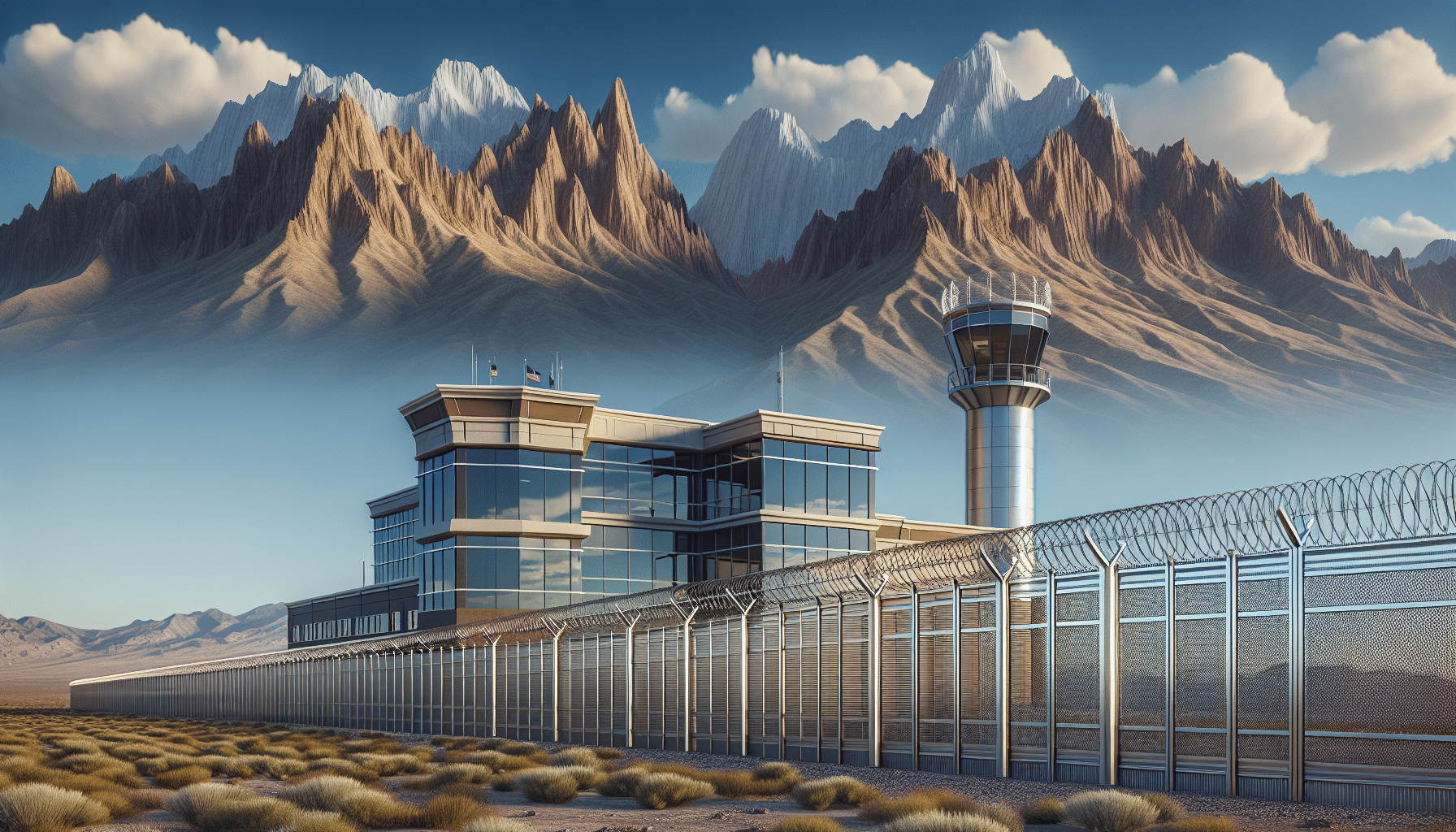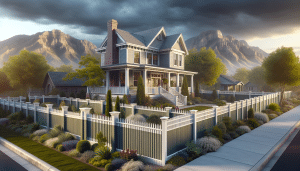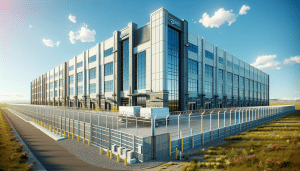Contents
- 1 Understanding Your Security Needs
- 2 The Importance of Material Selection
- 3 Considering Height and Design
- 4 Selecting the Right Contractor
- 5 Maintaining Your Security Fence
- 6 Understanding Costs
- 7 Top 5 Factors to Consider When Choosing a Commercial Security Fence
- 8 Integrating Technology with Fencing
- 9 Adhering to Local Regulations and Codes
- 10 Conclusion
Understanding Your Security Needs
Before diving into the myriad of fencing options, it’s crucial to assess your specific security requirements. Consider the level of security you need; is it to deter intruders, control access, or simply to mark boundaries? Different types of businesses have varying security needs. For instance, a warehouse storing valuable goods will require a more robust solution than an office building. By defining your primary security concerns, you can narrow down your choices and make a more informed decision.
Another aspect to consider is the potential threats in your area. Are you in a location prone to vandalism or break-ins? Understanding the local crime statistics can help you choose a fence that provides adequate protection for your premises.
The Importance of Material Selection
Material choice plays a significant role in the durability, maintenance, and overall security level of your commercial fence. The most common materials include steel, aluminum, and Wrought Iron, each offering different benefits. Steel, for example, is highly durable and offers superior protection but may require more maintenance to prevent rust. Aluminum, on the other hand, is lightweight and rust-resistant, making it a low-maintenance option that still provides a decent level of security.
Wrought iron fences are popular for their aesthetic appeal and very high durability, though they come at a higher cost. Your material choice should balance the security needs, budget, and aesthetic preferences of your business to ensure you’re making the best investment.
Considering Height and Design
The height and design of your fence are crucial factors in its effectiveness as a security barrier. A higher fence will naturally provide more security by making it more difficult for intruders to climb over. However, local zoning laws may restrict fence height, so it’s important to check regulations in your area before making a decision.
Additionally, the design of the fence can affect its security. Options with anti-climb features, such as narrow picket spacing or pointed top designs, can further deter trespassers. The aesthetic design should also complement your property’s exterior to enhance curb appeal along with security.
Selecting the Right Contractor
Finding a reputable contractor is as important as choosing the right fence. A good contractor will not only install your fence properly but also understand local codes and regulations to ensure your fence meets all legal requirements. Look for contractors with solid experience in commercial fencing projects and check their references and previous work.
Additionally, ensure the contractor is licensed and insured to protect your business during the installation process. A trustworthy contractor will be transparent about their qualifications and happy to provide all necessary documentation.
Maintaining Your Security Fence
Once your fence is installed, regular maintenance is crucial to ensure it remains effective and attractive. The frequency and type of maintenance will depend on the material of your fence. For example, Wood fences may need periodic staining or sealing, while metal fences might require rust removal and repainting.
Scheduling regular inspections of your fence can help identify and address potential issues before they become major problems. This includes checking for damage after severe weather events, ensuring locking mechanisms are functioning, and keeping the perimeter clear of overgrowth that could hide security breaches.
Understanding Costs
The cost of a commercial security fence can vary widely depending on material, height, design, and the area to be enclosed. It’s important to set a realistic budget from the start, but also to consider the long-term value of your investment. Cheaper options might save money initially but could cost more in the long run due to higher maintenance needs or less durability.
Get multiple quotes from different contractors to compare prices and services. Remember, the cheapest quote isn’t always the best. Weigh the cost against the contractor’s experience, the quality of materials, and the specificity of your security needs.
Top 5 Factors to Consider When Choosing a Commercial Security Fence
- Security Level: Evaluate the level of security your business requires based on your assets and the potential threats you face.
- Material Durability: Choose a material that offers both the strength and longevity you need for your fence to be an effective long-term investment.
- Design and Aesthetics: Select a fence design that not only enhances security but also adds to the visual appeal of your property.
- Maintenance Requirements: Consider the maintenance each material and design require to keep your fence in optimal condition over the years.
- Cost: Set a realistic budget, but prioritize quality and durability to ensure your fence remains a cost-effective element of your security strategy.
Integrating Technology with Fencing
In today’s digital age, integrating technology into your security fence can provide an added layer of protection. This includes options like surveillance cameras, motion detectors, and automated access controls. These technologies not only enhance security but also offer convenience through remote monitoring and management of access points.
When selecting technological enhancements, work with your fencing contractor to ensure compatibility with your fence design and material. The right technology integration can transform a static fence into a dynamic part of your business’s security ecosystem.
Adhering to Local Regulations and Codes
It’s imperative to comply with local building codes and zoning regulations when installing a commercial security fence. These regulations can influence the height, material, and even the color of your fence. Failure to comply can result in fines, legal action, or the requirement to modify or remove your fence at a significant cost.
We recommend consulting with local authorities or working with a knowledgeable contractor who is familiar with the regulations in your area. This ensures your fence not only meets your security needs but also adheres to all local requirements, avoiding any legal headaches.
Conclusion
Choosing the right commercial security fence is a critical decision that impacts the safety, aesthetics, and value of your property. By understanding your needs, selecting the right materials and design, and working with a reputable contractor, you can ensure your investment provides the security and appeal you’re seeking. For expert advice and installation services, don’t hesitate to reach out to us by phone at 435-383-5152 or Request a Free Quote. Your security is our top priority, and we’re here to help you find the perfect fencing solution.




